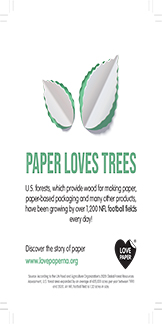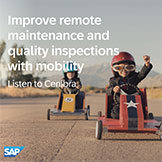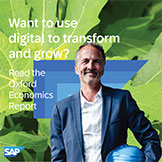Metsä Group's bioproduct mill in Kemi is visited in the documentary film "Once Upon a Time in a Forest", which premiered March 28. In the film there is a discussion between young environmentalists and representatives of Metsä Group. The documentary film follows young environmentalists over a period of more than a year, and the conversation between them and Metsä Group is recorded.
Open debate requires a safe environment to support it. It is important that different opinions are raised by respecting and following the law. Rebelliousness creates an opportunity for change when it works within the limits of society's norms and eventually refines into a constructive bridge between the parties. Dialogue and partnerships are at the heart of change.
Metsä Group's SVP, Corporate Affairs Tomi Salo emphasizes the importance of listening to environmentalists.
"The ability to listen and discuss is important for everyone. It is a starting point for developing discussions and partnerships that can also lead to practical action. The voice of environmentalists today reflects the voice of a larger group in the future. That's exactly why this voice is especially valuable when we want to meet society's expectations in the long term and constantly improve our operations," says Salo.
Virpi Suutari, the director of the film, considers it important that the documentary allowed a dialogue between the forest industry and young environmentalists.
"The Finnish forest industry has a significant responsibility for the use and fate of our forests. From the point of view of the film as a whole, it was good that Metsä Group invited the activists and the film crew to the Kemi mills for a whole day. As a filmmaker, I don't want to increase social confrontation, but to shed light on the forest issue from different perspectives and give the viewer room to understand for themselves," says Suutari.
Metsä Group is owned by more than 90,000 Finnish forest owners. We offer them services in accordance with our regenerative forestry strategy, the goal of which is to generate economic profit from forests over generations, while the state of forest nature is verifiably strengthened. Discussions with stakeholders and cooperation projects play a central role in our operations. Our most important stakeholders and partners include e.g. forest owners, entrepreneurs, current and future employees, researchers, authorities, neighbours and non-governmental organizations.
"In the development of operations, the balance of words and actions is emphasized. In forests, actions are realized as services offered to forest owners and their development work, e.g. to improve climate resistance, to diversify the tree species and to increase decaying wood", says Tomi Salo.






















